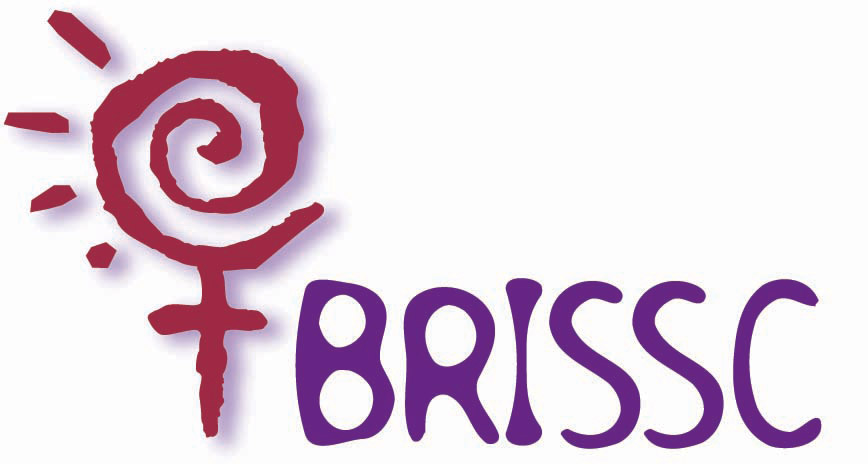If a woman chooses to tell you that she has been raped, then she is investing a lot of trust in you. Your responses are important… The attitudes and responses of the people closest to a woman who has been raped have the potential either to extend the crisis or to help her deal with it.
The Value of Relationship
It is important to remember that sexual violence is a crime in which perpetrators seek to control and dominate another person. It is therefore imperative to work in ways that promote a woman’s sense of power and control and to develop a relationship with a woman that does not reflect the dynamics that were/are present between the perpetrator and the woman.
Defining Your Own Feelings
It is important to be mindful of your own feelings and reactions and to seek support from someone other than the woman who has experienced sexual violence. It is natural that you may feel shocked, angry, sad or confused… You may wonder whether she could have done something to prevent the sexual violence. You may feel a desire to confront or enact revenge on the perpetrator. You might feel a strong urge to ‘do something’ or have the woman ‘do something’. These are all common reactions.
It may be useful to reflect on the following questions:
- How comfortable do I feel in responding to issues of sexual violence?
- What may arise that could get in the way of supporting a woman? How would you work with these?
- How will I manage my feelings when I am supporting a woman?
- What support can I access?
In supporting a woman who has experienced sexual violence it is important to…
- Listen to her
- Believe her and believe in her
- Affirm her feelings and remember there is no right or wrong way to feel
- Ask her “How can I help?’ or “Is there anything you need from me right now?”
- Let her know that you are there for her /and acknowledge your limits
- Encourage her to seek the support that feels right for her
- Respect her decisions – she is the expert
- Respect her privacy and her choices about what she discloses and to whom
- Seek her permission before disclosing information about her to others
- Recognise the trauma she has been through and the possible effects
- Remind her that it was not her fault
- Respect that she may wish to focus solely on herself and her needs for awhile
- Be mindful, her healing may take time, space and energy
In supporting a woman who has experienced sexual violence it is important to avoid…
- Ignoring what has happened to her
- Blaming, accusing or judging her for the assault
- Minimising her feelings
- Taking charge or being over-protective
- Pressing her for details about the assault or asking too many questions
- Sympathising with or making threats towards the perpetrator
- Insisting that she disclose to family, friends and/or the police
- Pressuring her to seek support when she does not want to
- Disclosing information about her to others without her permission
- Being judgemental about her decisions, behaviour, response or pace of healing
- Touching her without her permission
- Offering support beyond your limitations
- Expecting her to deal with your feelings or reactions
At BRISSC we recognise that your role is incredibly important, and we want to support you to support survivors. You are welcome to contact us for information or support.
